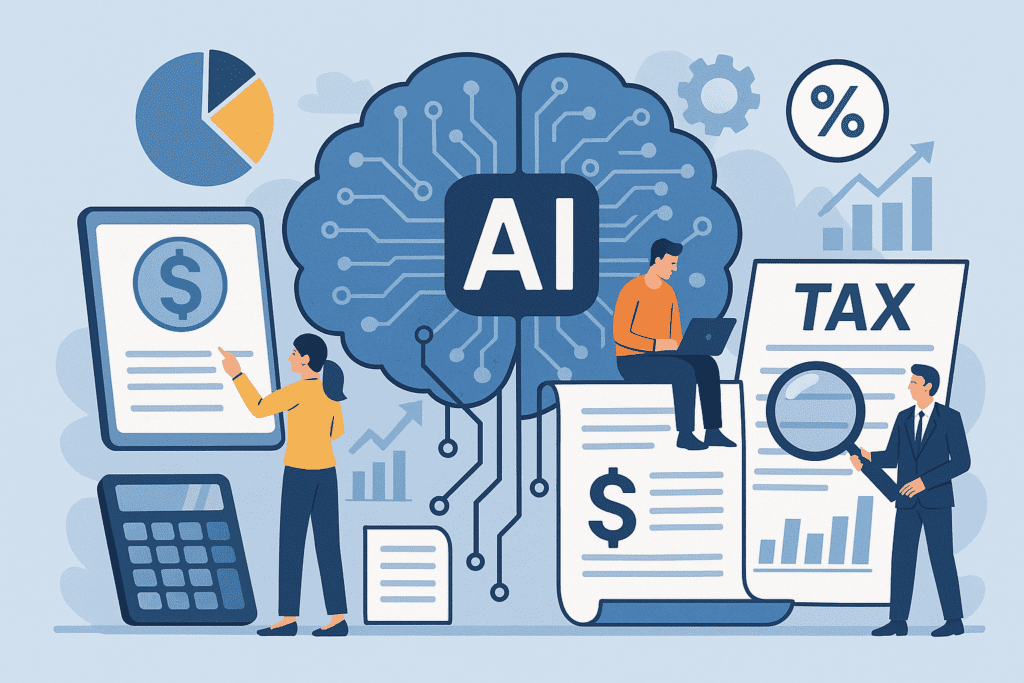Artificial intelligence is playing an increasingly important role in various areas of life, including taxation. Its potential to streamline tax dispute resolution processes is becoming a subject of interest for both companies and public administration. According to a PwC report, as many as 90% of companies worldwide believe that AI can significantly streamline the process of resolving such disputes.
Application of AI in tax processes
AI is used in many tax-related aspects:
-
Data analysis:
Advanced AI algorithms can process huge amounts of data, identifying irregularities and potential tax fraud. -
Tax consultancy:
AI-based tools such as Tax Booster™ support tax advisors in analyzing tax interpretations and court rulings, which allows for faster preparation of recommendations for clients. -
Process automation:
AI enables the automation of routine tasks, such as processing tax returns or generating reports, which increases the efficiency of finance departments.
AI in Resolving Tax Disputes
In the context of tax disputes, AI can contribute to:
-
Result predictions:
By analysing historical data and case law, AI can predict likely outcomes in similar cases, allowing parties to better assess their chances and make informed decisions. -
Communication improvements:
AI-powered chatbots and virtual assistants can answer taxpayer questions by providing quick and accurate information on applicable regulations and procedures. -
Support in mediation:
AI can analyze the arguments of both sides of a dispute, identifying areas of potential agreement and suggesting solutions acceptable to all involved.
Challenges and limitations
Despite its numerous advantages, the implementation of AI in tax dispute resolution encounters certain challenges:
-
Complexity of regulations:
Tax laws are often complex and subject to frequent changes, which poses a challenge for AI algorithms to update and interpret the regulations. -
Ethics and trust:
Decisions made by AI must be transparent and compliant with ethical standards to gain the trust of both taxpayers and tax authorities. -
Finality of decision:
While AI can support decision-making, final decisions should be made by humans to ensure the context and nuances of each case are taken into account.
The Future of AI in Taxes
As technology develops, AI will play an increasingly important role in tax systems. Possible directions for development include:
-
Integration with tax systems:
AI can become an integral part of tax systems, automating processes and reducing administrative burdens. -
Personalization of consulting:
By analyzing individual data, AI will be able to provide personalized tax advice, tailored to the specific needs of taxpayers. -
Global collaboration:
AI can support international cooperation in exchanging tax information and combating fraud on a global scale.
In summary, AI has the potential to significantly improve tax dispute resolution processes. However, its implementation requires taking into account the challenges of interpretation of regulations, ethics, and social trust. Finding a balance between automation and human experience will be key to ensuring fair and efficient resolution of tax disputes.




